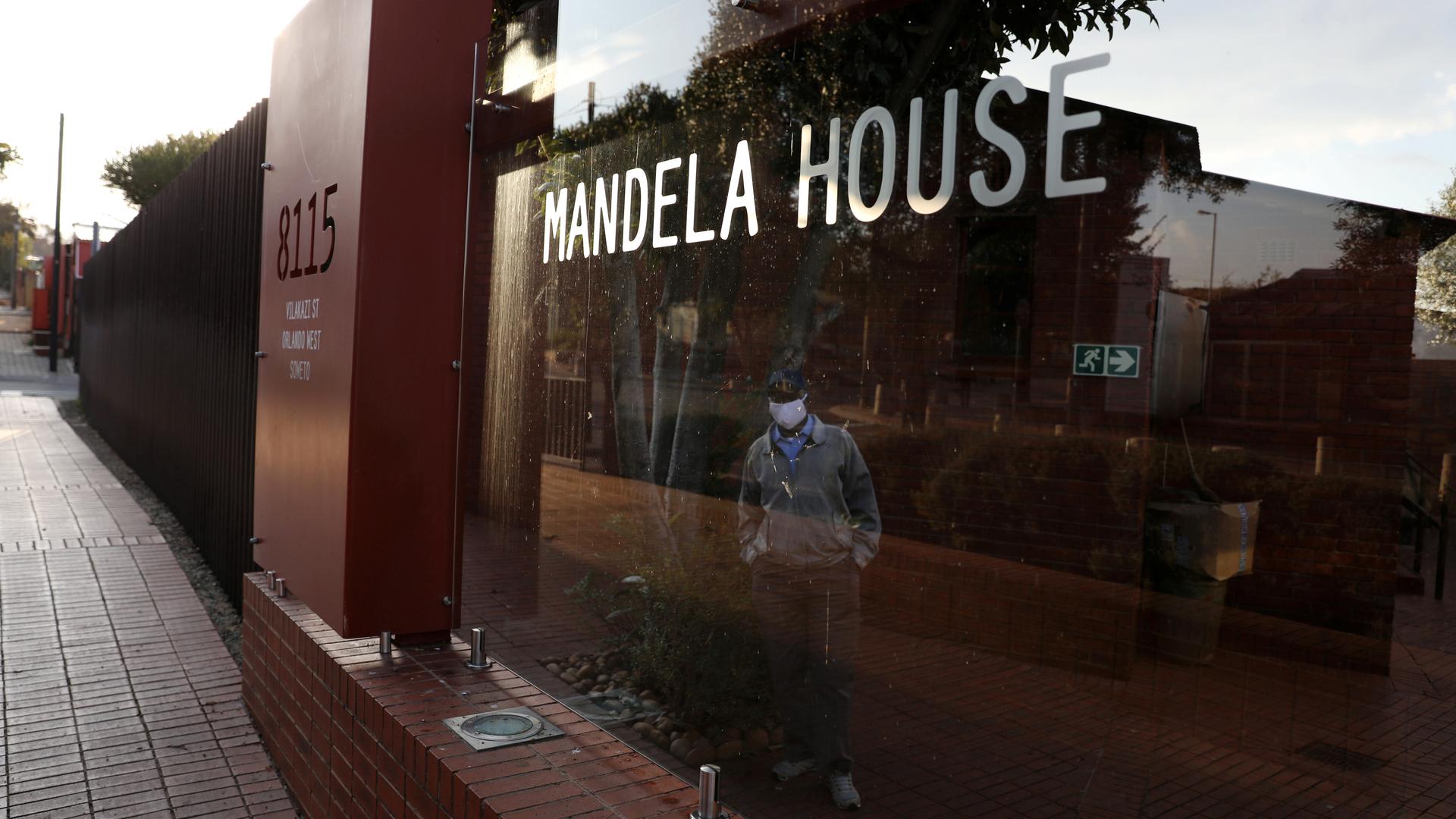The pandemic gives South Africans a chance to rejig their economy to prioritise the poor.
Among the extraordinary moments in the African National Congress’s (ANC) history was the release of Mandela and the liberation of the country.
The first occasion signalled the final dash towards freedom, while the second created the possibility of transforming the state from a slave-owning institution to the custodian of human dignity.
The Covid-19 pandemic can be another landmark if seized.
Mandela represented personified ethics, exuded lofty moral integrity, and the people trusted the ANC government to chart a liberating and economically transformative agenda. That first vote carried the denied dreams of freedom of centuries.
But, Apartheid and its partners had a different agenda: give up the reins of government but fortify their grip on the economy.
The governing global neoliberals were their allies and demanded that the ANC government uphold property rights and the free market economy – properties acquired through theft and wealth built on the back of slavery.
The ANC used state power to provide services such as modest housing, access to healthcare and educational opportunities for the poor. These basic reforms were unaccompanied by the transformative retooling of the productive sectors of the economy.
Instead, the unfiltered opening up of the economy to the cold winds of global markets devastated industries such as textiles and institutionalised anaemic jobless growth.
This post-colonial strategy made vital contributions to the undoing of Apartheid’s social and spatial ordering. Still, the gap between the rich and poor deepened even further despite a fraction of Africans joining the well-heeled.
To live like the master requires multitudes of servants, and that is what has become of the dream. What has been missing is the construction of a one nation strategy whereby the elite and the masses are resolute in their commitment to eradicate poverty and reverse obscene inequality.
Presidents Mandela and Mbeki maintained their integrity and those of the institutions of the Republic.
Nevertheless, there were awful undercurrents in the ANC bent on using the public sector for personal gain.
The tide turned in the latter’s favour in 2009 under Jacob Zuma’s leadership and a decade of looting and institutional demolition ensued. Those at the very top watched the carnage at close range but failed to utter a public whisper.
Miraculously, the voice of some of the political opposition and civics, the diligence of the Public Protector, and the extraordinary independence of the judiciary forced the ruling party to remove Zuma from power.
President Ramaphosa restored some dignity and competence, but the rot in the party goes deep.
An effort has been made to clean the mess, but the damage to major state-owned enterprises, which are vital to economic rejuvenation and the fight against neo-liberalism’s final assault, continues.
Sadly, the Ramaphosa government appears wedded to neoliberalism, and there are genuine concerns that it might auction off most of the state-owned enterprises (SOEs).
Such a move will allow white capital and their black comrades to tighten the noose on an impoverished population, naturalising the horrid legacy of Apartheid.
A fleeting opportunity
Covid-19 landed on the shores of a country ill-prepared. But President Ramaphosa demonstrated quality leadership as his government preemptively responded with speed. Yet, the virus uncovered the poverty and squalor in which the majority of South Africans live.
It was ironic that President Ramaphosa was shocked when he encountered inhumane conditions in one of the settlements in the Free State during the recent anniversary of the ANC.
Nearly three decades after liberation, statistics show that 56 percent of the population live in poverty. If the ANC had any conscience left, the president’s encounter would have rocked whatever is left of its moral foundation.
The national mobilisation of the entire population against the virus and the ensuing social solidarity affords the country a chance to defeat the disease.
However, it will be the height of folly to go back to business as usual, as the White Opposition party and their business partners demand.
As troublesome as the times are, Covid-19 offers President Ramaphosa and the ANC an ephemeral opportunity to rediscover its soul by shedding the delusion of neoliberalism and focusing on building a productive economy that offers real and dignified work and livelihoods.
It is astounding to see how worried the business and white establishment are about the international credit agencies downgrading South Africa. The same elite never misses a beat thinking about millions of South Africans deprived of basic needs.
The massive disruption induced by Covid-19 offers President Ramaphosa’s government and the country an extraordinary opening to turn the economic soil inside out. This is not some crazy counsel, but a sensible one that rebalances profits and people’s livelihoods.
The first steps in such a task are to rewire state-owned enterprises in such a way that they become profitable, but offer their employees a stake in the enterprises through a profit/loss sharing scheme with the state.
Simultaneously, the SOEs must be prohibited from running a loss for two consecutive years at a time. Skilled and ethical management must be given full professional autonomy.
The government must urgently reassess its neoliberal trade policy, and do everything conceivable to champion the local production of goods to satisfy the needs of the vast majority of citizens.
Lastly, progressive land reform need not engender economic dislocation if the huge farms are transformed into shareholding enterprises for all the “people who work the land.”
To break the back of obscene poverty, South Africa requires a transformative social contract – and there is now a short window to execute that. This is the only real option; otherwise, the African people’s ‘Long Walk to Freedom’ would have been in vain.
Author: Abdi Ismail Samatar
Abdi Ismail Samatar is Professor of Geography at the University of Minnesota & Research Fellow at the University of Pretoria. His latest book is “Africa’s First Democrats’.
Source










Discussion about this post